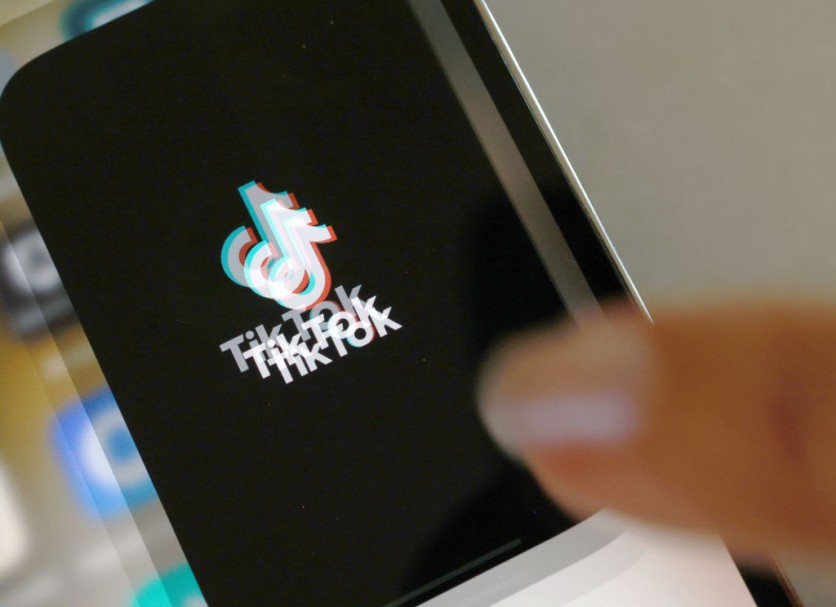ByteDance, TikTok's parent firm, must sell the social media platform or face a ban under new US legislation, raising concerns for TikTok-dependent entrepreneurs.
The measure is based on national security concerns since US politicians fear Chinese espionage via TikTok. Entrepreneurs like Ayman Chaudhary and Bilal Rehman say a ban would hurt small firms.
Possible Economic Impact of TikTok Ban
Chaudhary, a 23-year-old Chicago native, turned her love of reading into a full-time business by promoting books on TikTok, even those that were banned in the US, per a report from Manila Standard. Texas-based Rehman promotes his interior design firm. These entrepreneurs thank TikTok for its success and fear its demise as a US TikTok ban looms.
Oxford Economics found that TikTok supports millions of jobs and generates billions of dollars in the US economy. According to analysts like Jasmine Enberg from eMarketer, TikTok's ability to quickly share material and emphasis on short-form video, which younger audiences prefer, appeals to companies.
Despite the looming US TikTok ban, ByteDance says it won't sell the popular video sharing app despite US legislation mandating its sale or a ban, per a BBC report.. According to the social media giant's Toutiao account, "ByteDance doesn't have any plans to sell TikTok." TikTok has not responded to inquiries.
The statement follows The Information's allegation that ByteDance was considering selling TikTok's US business without its algorithm. ByteDance quickly dismissed the story as a "false rumor."

In this photo illustration, the TikTok app is displayed on an iPhone screen on April 24, 2024 in Miami, Florida. President Joe Biden signed a foreign aid package that includes a bill that would ban TikTok if China-based parent company ByteDance fails to sell the app to an American company within a year.
US President Joe Biden's recent measure of signing the TikTok ban legislation has sparked concerns about Beijing's control over private companies like ByteDance and their data. TikTok often denies the Chinese government's influence over ByteDance.
TikTok CEO Shou Zi Chew said the facts and Constitution justify the company's judicial fight for its rights.
The Power of TikTok's Algorithm
ByteDance has nine months to sell TikTok, with a three-month grace period, before a potential suspension under the new US rule. The selling deadline may be in 2025, after the 2024 presidential election.
China's 2020 export legislation changes allow it to export algorithms and source codes, posing a challenge to app sales, per SCMP. Experts and former workers say TikTok's popularity is due to its algorithms and suitability with the short video format, which has resonated internationally.
Many assumed that the massive success of TikTok depended on linking people through social networks, like Meta's Facebook and Instagram. However, TikTok showed the power of user-driven algorithms. CEO Chew Shou Zi said TikTok's technology uses "interest signals," unlike Meta's "social graph" approach.
Catalina Goanta, an associate professor at Utrecht University, says TikTok's distinctive design and content boost its interest-based algorithm's efficacy. Despite its popularity, TikTok's recommender system stands out for its user interface and content presentation.
Jason Fung, former head of TikTok's gaming segment, added that the short video format helps TikTok understand customer preferences quickly. He explained that the platform's short video format enables collection of data based on one user's preference a lot faster than YouTube.
"Because it's in bite size format, it is short video, you're able to collect data about a user's preference a lot faster than YouTube. "Imagine you're collecting data about a user on average every 10 minutes versus every couple seconds," he noted.

ⓒ 2026 TECHTIMES.com All rights reserved. Do not reproduce without permission.




